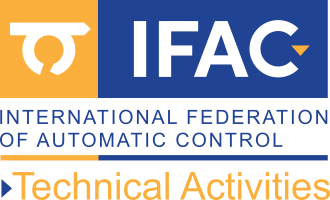Scope
The IFAC TC9.2 addresses the impact of control and learning systems on socio-technical systems on both the individual and the society on a global scale. Of specific interest to this TC is the closer interplay between humans and cyber physical systems (embedded, networked, interconnected) leading to the emerging field of cyber physical and human systems (CPHS). Social networks, opinion dynamics, cognitive and emotional systems, privacy-preserving tools, security and resilience of socio-technical systems, transparency and explainability in mixed-autonomy systems, liability and protection in CPHS, and regulation and policy issues precipitated by control are some of the topics addressed by TC 9.2.

